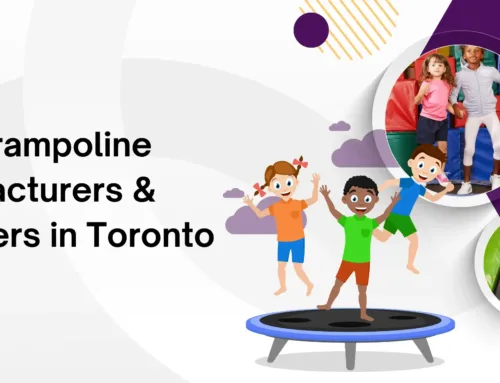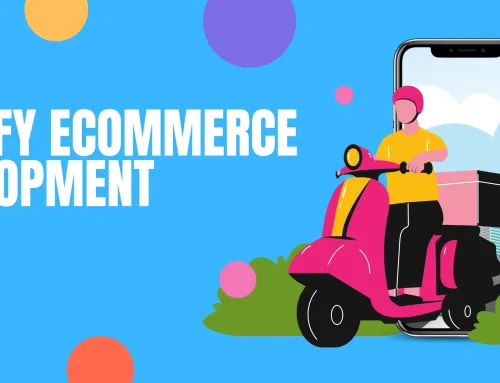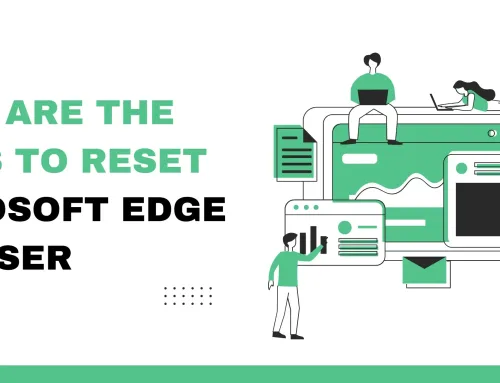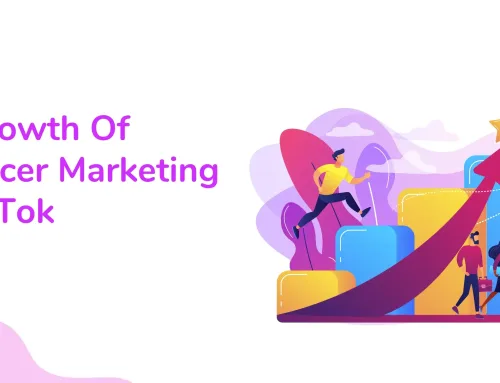Businesses plan to increase their eLearning ecosystem further than a conventional LMS as they aspire to fulfill various learning demands in a better way. There is an increasing desire for solutions that enable content production, which you can easily tailor since many companies wanting not to delegate custom learning content development.
In contrast to a learning management system (LMS), which is generally not used for information writing, a learning content management system (LCMS) offers comprehensive content authoring capacities. Even with some similarities in features, LCMS and LMS vary in their primary objective and essential characteristics.
LMS – What It Is, What It Does, And What It Can Do for You
A learning management system (LMS) is a web-based eLearning tool that allows for extensible independent learning for industrial and educational trainees.
It offers institutions a comprehensive collection of technologies for advanced machine learning administering and distribution, learning content management, and acquiring knowledge assessment. While LMSs provide basic ingrained content authoring capacities, they are not customarily utilized to create learning content.
The Essential Characteristics
LMS can help you by offering you tons of services. First and foremost, it provides you with numerous teaching strategies, such as web-based, offline, educational, and melded learning. LMS supports all of them, making the teaching and learning part much easier.
Also, course assignments and timetabling are through an automation process. Moreover, it is now much easy to keep track of learners’ attendance, participation, and advancement that they are making.
In addition to that, you can use exam papers and tests to evaluate learning. With the help of learning assessment via quizzes and tests, you can assess the learners’ knowledge. Another core functionality is that it can help you conduct polls to get feedback from the learners.
There is always room for improvement in each and everything, and with feedback, you can make amendments to make the learning process much easy. So, by conducting surveys and giving out questionnaires, you can easily gather feedback from the learners.
Furthermore, it has assimilation with HR, CRM, learning content creation tools, ERP, and other systems. Also, it provides a great method for the management of training sessions. Along with all of this, it also promotes learning content developed with third-party tools. Last but not least, its conformity with eLearning standards such as SCORM and xAPI.
The Primary Advantages
LMS offers you a lot of key advantages that can make things less complex for you. With its teaching versatility, you can easily access it 24/7. In addition, the flexibility that LMS provides allows access from smartphones and desktops at any time of the day.
Apart from that, it has a personalized educational trajectory for every beginner using a role-tailored strategy. With the help of observational interaction, interactive content, and interactivity, it can increase the learner’s interaction and encouragement
Also, it can lower learning expenses as a result of eLearning computerization. However, it also includes some other factors. These factors include the renewability of learning content, the elimination of the requirement for a traditional classroom. As a result, it eliminates having face-to-face interaction with teachers.
LCMS – What It Is, What It Does, And What It Can Do for You
A learning content management system (LCMS) is an eLearning framework designed to assist curriculum development in managing course material, from composing and publication to in-depth content analysis software. Implementations with other eLearning systems such as LMS, LXP, or learning portals, allow LCMS to give material to beginners. In addition, the LCMS provides for the reuse of eLearning content and the creation of courses that best suit distinct viewers.
The Essential Characteristics
Teaching materials compiling methods for creating multi-format content such as message, sound, video, photos, augmented reality, and virtual reality. Apart from that, it has the feature of storing systematic learning content. It can also be great for publishing content from a single source.
In addition to that, it can help with content transcription, translation, and positioning. Furthermore, it has adherence to eLearning technical standards such as SCORM and BI, LXP, HR, and LMS software integrations
The Primary Advantages
It offers you to customize content design frameworks that allow for the rapid formation of learning content. Apart from that, there is a collaborative effort on eLearning content in real-time. Moreover, aggregation and metadata are getting better because of the searchability of learning content. And because of the assistance of various languages and immersive content layouts, the learning process is interactive and customizable.
LMS vs. LCMS: What’s The Difference?
In various eLearning computerization forms, learning content management, studying achievement monitoring and productivity tracking, and adherence with eLearning standards, LMS and LCMS convey some characteristics. Because they provide tailor-made educational experiences, both systems have the potential to enhance eLearning.
The primary distinctions between an LMS and an LCMS are the target audience, teaching managerial functionality, and content creation skills.
Their target users are usually corporate and academic learners, learning managers, and course designers when it comes to LMS. On the other hand, the LCMS focuses more on content creators. The LMS has some authoring tools with core functions built in when we talk about content creation capabilities. Whereas the LCMS has advanced authoring tools with increasingly broad features for creating custom content
The Learning management capabilities with LMS offer eLearning, social learning, and blended learning support, including virtual and offline classroom-based learning, as well as course scheduling and assessment. For LCMS, it is simply learning content management.
What Should You Go For?
Now that you have read the whole thing, you might be wondering which one is best for your business. To be honest, there is no correct answer to this question. There is no such thing as a one-size-fits-all remedy for LMS or LCMS. While also LMSs are mainly in use for enhancing learning,
LCMS is suitable for creating learning content. While deciding between LMS and LCMS, keep your company’s organizational requirements in mind. Further, bear in mind that such alternatives are not synonymous but represent collectively beneficial eLearning software.
Nevertheless, if you have the best software development company by your side, you can easily make the most of these systems. Be it LCMSs, LMSs, or SharePoint development; a capable partner can take care of all your needs.










